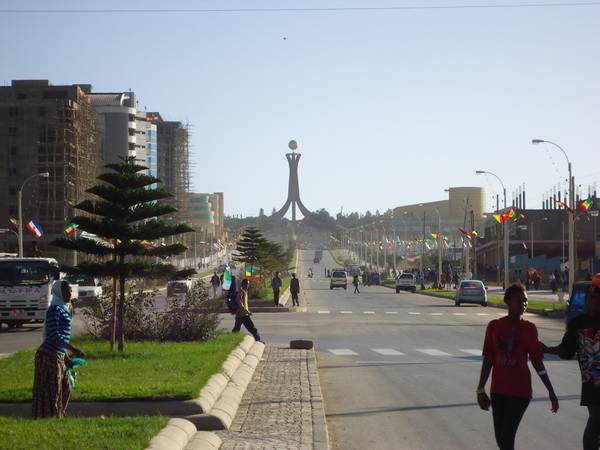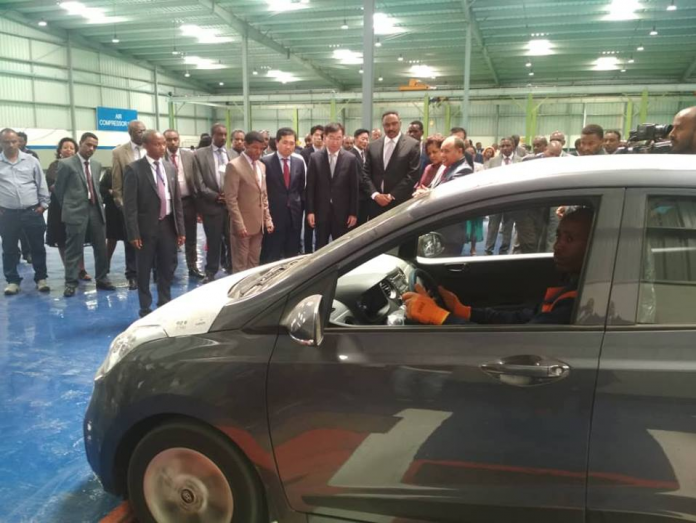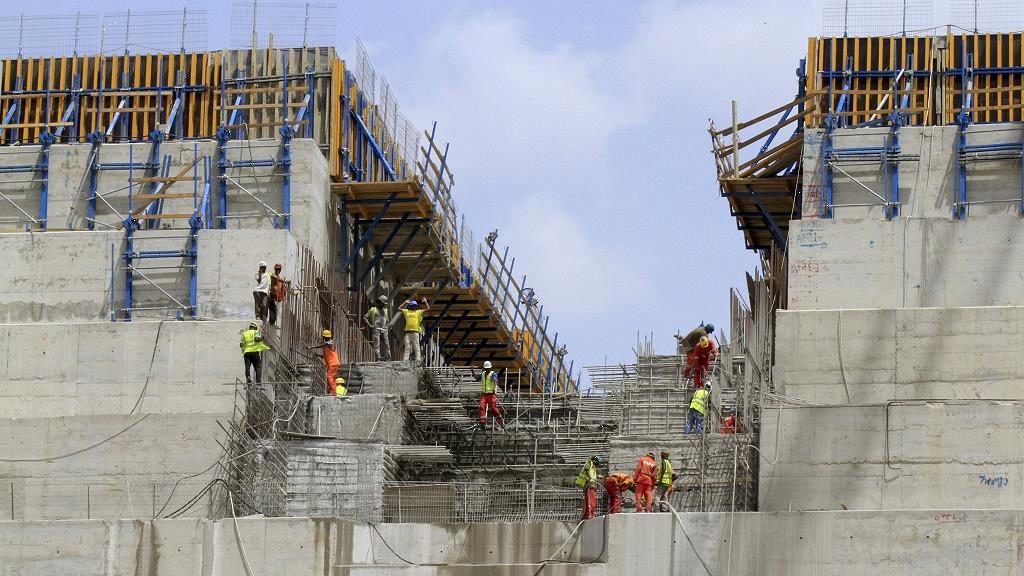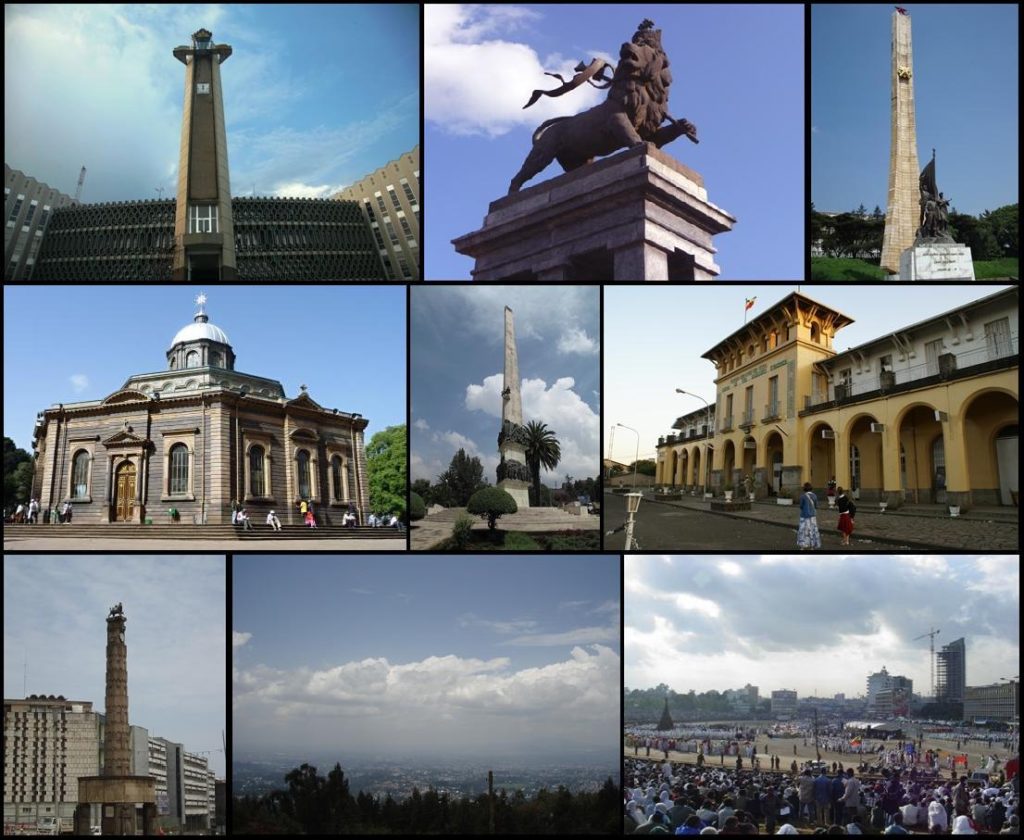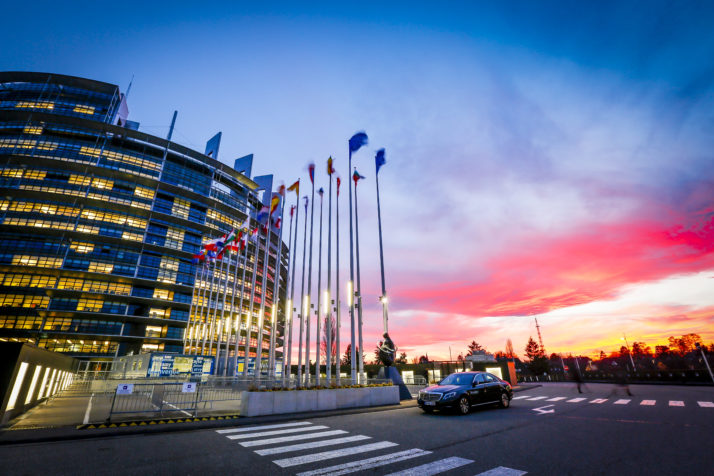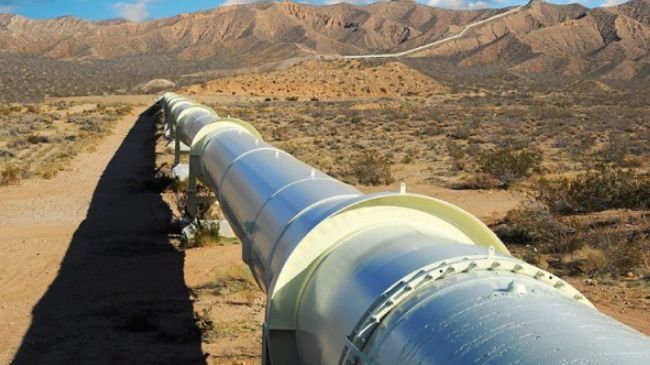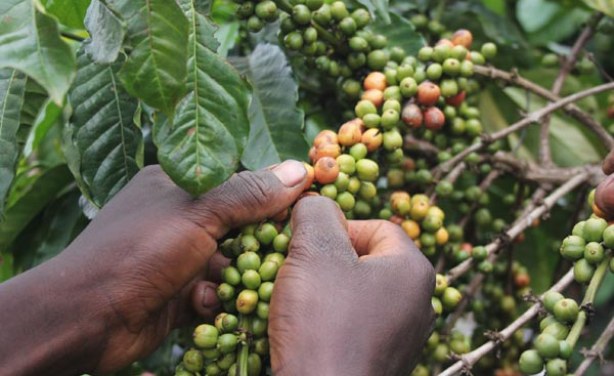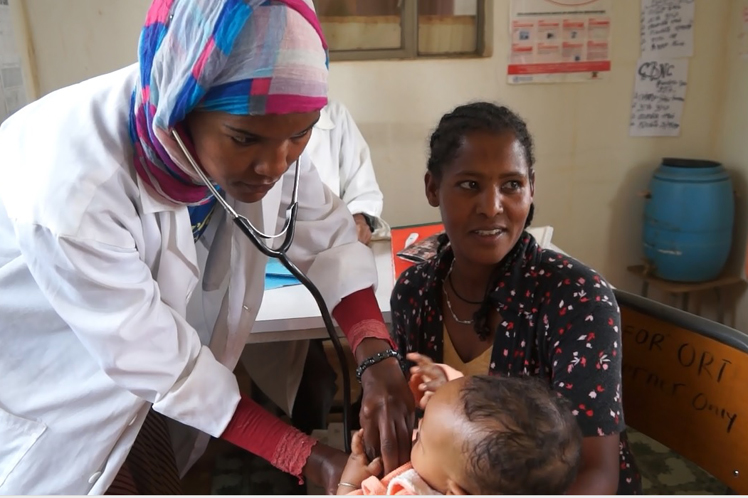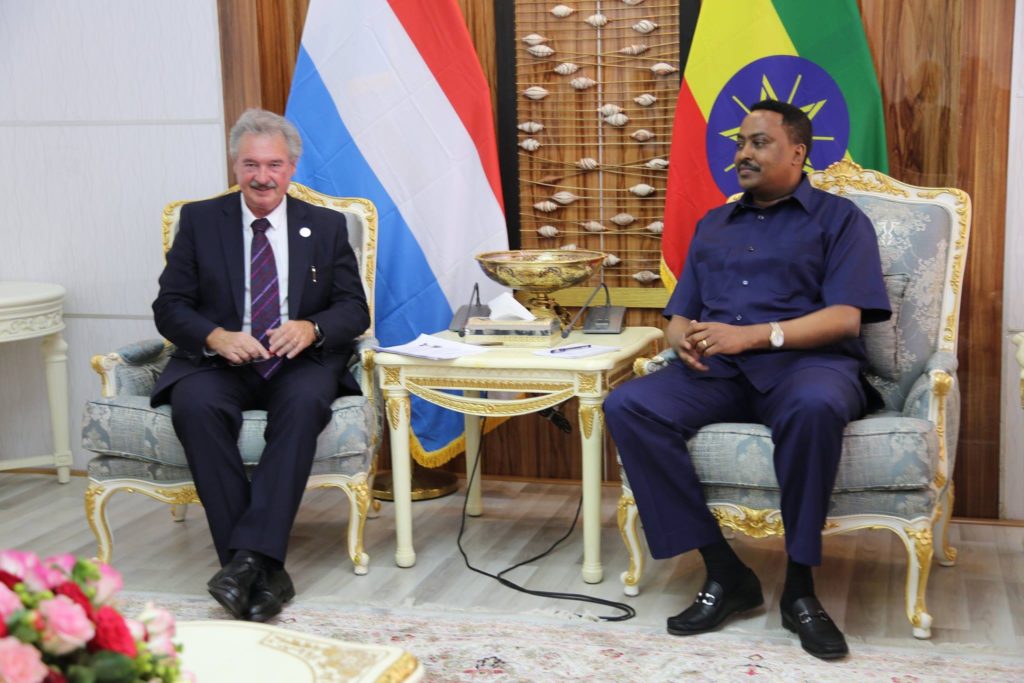
Addis Ababa just launched a 29 billion birr (about $1.028 billion) project aiming at making the city green by developing and rehabilitating two river streams of the city. The project aims to enhance the well-being of city dwellers by mitigating river flooding and through the creation of public spaces and parks, bicycle paths and walkways along the riversides.
This project will run along two of the largest rivers of the city, stretching a total of 51 kilometres, all the way from the mountains of Entoto through to Akaki River.
It also aims to improve the well-being of inhabitants and realise the country’s aspiration of building a green economy through the expansion of green spaces and converting solid waste dropped into the rivers to usable materials.
The public parks that will be developed through this project will have lanes dedicated for bicycle riders, pure water and solar energy supply and recreational areas.
The project is expected to be completed within three years, and create job opportunities for lots of people of the city.
The Addis Ababa River Side Project is an initiative of Prime Minister Abiy Ahmed of Ethiopia. It aims to face-lift the image of the city and properly utilise the potential of the capital.
“Creating many jobs in the project phase, it will also nurture riverside economies, increase urban tourism, and provide city residents with areas of respite,” according to twits of the Office of the Prime Minister.
